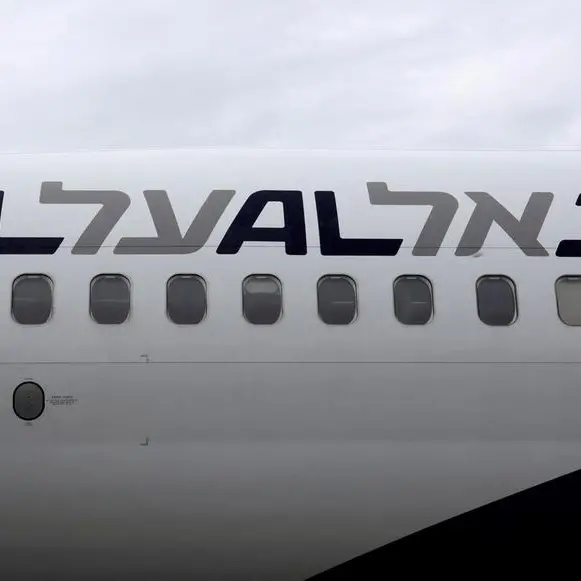GENEVA, May 25 (Reuters) - Leaving the European Union would cost British consumers 9 billion pounds ($13.2 billion) in annual additional import tariffs, World Trade Organization chief Roberto Azevedo said in an interview published by the Financial Times on Wednesday.
Britain's exports would be also burdened with 5.5 billion pounds of new tariffs in overseas markets, the paper said, and leaving the EU would require a full reboot of Britain's trade relations, akin to joining the WTO from scratch.
That would mean renegotiating the terms of trade with 161 WTO members, and losing the low-tariff or tariff-free access to 58 countries covered by 36 EU trade agreements.
"Pretty much all of the UK's trade [with the world] would somehow have to be negotiated," Azevedo said.
"It is extremely difficult and complex to negotiate these trade agreements. And slow as well," he said. "Even if you are in a position to negotiate quickly with all these other members it doesn't mean that they will be in a position to negotiate with you because they have their own priorities.
Britain could opt to simply scrap all trade barriers and turn its economy into a duty-free state, but that was unlikely, Azevedo said.
Campaigners who want Britain to leave the EU say it would be able to strike its own trade deals more quickly with countries around the world if it was no longer part of the 28-nation bloc.
($1 = 0.6831 pounds)
(Reporting by Tom Miles Editing by Jeremy Gaunt) ((tom.miles@thomsonreuters.com; +41 22 733 38 31; Reuters Messaging: tom.miles.reuters.com@reuters.net))
Britain's exports would be also burdened with 5.5 billion pounds of new tariffs in overseas markets, the paper said, and leaving the EU would require a full reboot of Britain's trade relations, akin to joining the WTO from scratch.
That would mean renegotiating the terms of trade with 161 WTO members, and losing the low-tariff or tariff-free access to 58 countries covered by 36 EU trade agreements.
"Pretty much all of the UK's trade [with the world] would somehow have to be negotiated," Azevedo said.
"It is extremely difficult and complex to negotiate these trade agreements. And slow as well," he said. "Even if you are in a position to negotiate quickly with all these other members it doesn't mean that they will be in a position to negotiate with you because they have their own priorities.
Britain could opt to simply scrap all trade barriers and turn its economy into a duty-free state, but that was unlikely, Azevedo said.
Campaigners who want Britain to leave the EU say it would be able to strike its own trade deals more quickly with countries around the world if it was no longer part of the 28-nation bloc.
($1 = 0.6831 pounds)
(Reporting by Tom Miles Editing by Jeremy Gaunt) ((tom.miles@thomsonreuters.com; +41 22 733 38 31; Reuters Messaging: tom.miles.reuters.com@reuters.net))




















